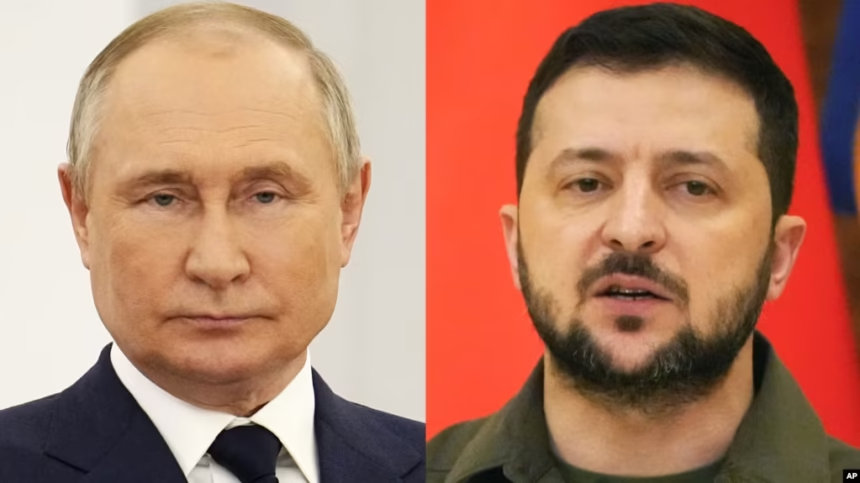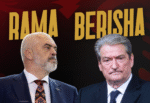A sudden proposal from former U.S. President Donald Trump to join Ukraine-Russia peace talks has ignited fresh momentum in the global effort to end the war. Trump announced on May 12 that he may attend the May 15 negotiations in Istanbul, signaling what could be a pivotal moment in the long-stalled peace process.
“Don’t underestimate Thursday in Turkey,” Trump told reporters at the White House before leaving for Saudi Arabia, the UAE, and Qatar. “There’s a possibility… if I feel something could be achieved.”
Following Trump’s remarks, U.S. Secretary of State Mark Rubio hosted a high-level conference call with foreign ministers from France, Germany, Poland, the U.K., and Ukraine, as well as EU Foreign Policy Chief Kaja Kallas. A State Department statement confirmed the group discussed a “path forward for ceasefire and peace in Ukraine.”
Yet many European leaders remain skeptical. Speaking from London, Kallas stated, “If there’s no ceasefire, there can be no talks under fire… Peace requires two; war only one.”
On social platform X, Ukrainian President Volodymyr Zelensky declared his readiness to meet Vladimir Putin in Istanbul on May 15, proposing a “full and unconditional ceasefire.” He urged, “We are waiting for a clear answer from Russia.”
As of now, the Kremlin has neither accepted Zelensky’s invitation nor responded to Trump’s offer to join the talks.
Meanwhile, Russia escalated its military aggression on May 12, launching an attack on Ukrainian energy workers in the Sumy region, despite Kyiv’s plea for an immediate halt to violence.
Simultaneously, Russian Foreign Minister Sergey Lavrov met with Turkish Foreign Minister Hakan Fidan to discuss direct Moscow-Kyiv talks—an initiative stemming from President Putin’s weekend proposal. However, it remains unclear who from Russia will attend, marking the first direct negotiation attempt since early 2022.
Oleg Saakian, a respected political analyst, told Current Time that the sudden ceasefire narrative may be aimed more at “one specific viewer — Trump”, painting Putin as reasonable, while in reality preparing for a new phase of the war, especially after deepening ties with China’s President Xi Jinping during his recent visit to Moscow.
According to Saakian, the West must now focus on unity and enforce joint sanctions. “That will determine whether this peace push is real or simply staged diplomacy,” he noted.
In Moscow, Konstantin Kosachev, Chair of the Russian Federation Council’s Foreign Affairs Committee, expressed rare optimism. Speaking to Izvestia, he said if Ukraine comes “without ultimatums and seeks common ground,” meaningful progress is possible.
As world attention turns to Istanbul, the global community holds its breath: Will diplomacy prevail, or is this another diversion in a war marked by broken promises?







